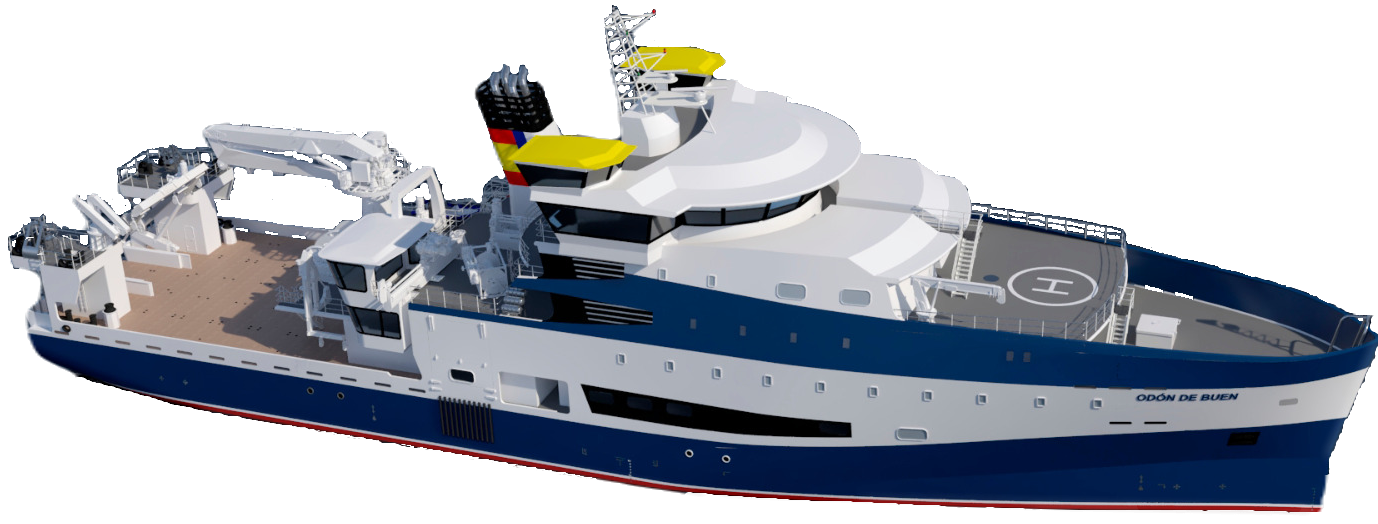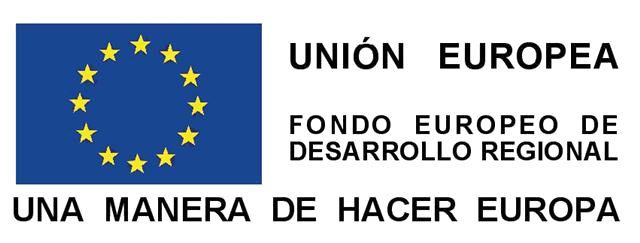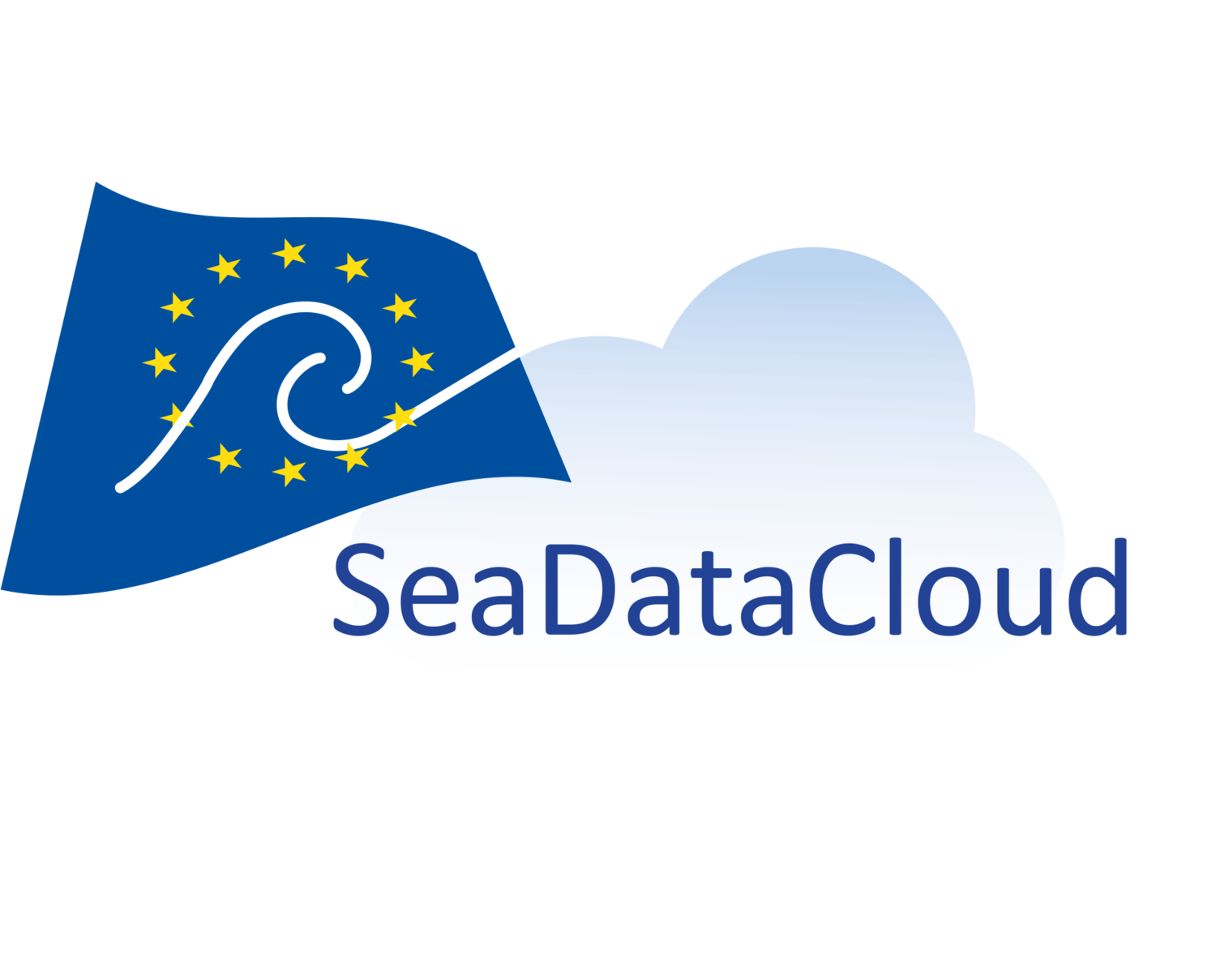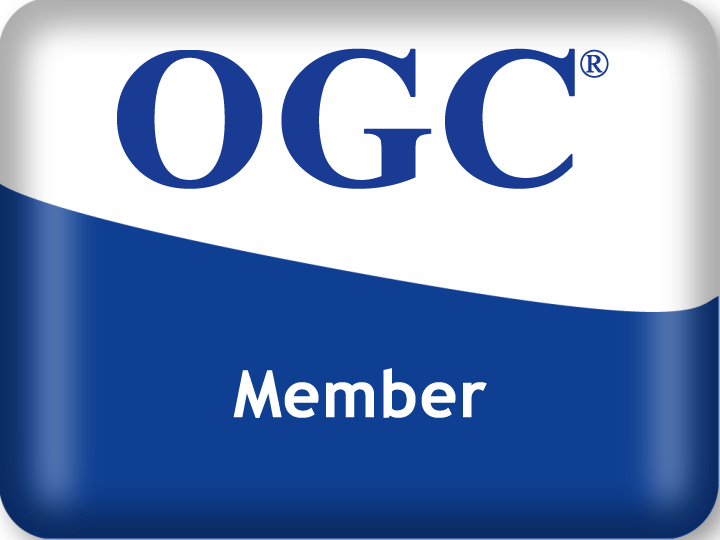The origins of the UTM go back to the year 1992 when the Oceanographic Ships Management Unit (UGBO) was created, with the objective of providing the Ministry the technological and logistical support necessary to carry out the marine and polar research promoted by the National R + D + i Plan, collaborating in the coordination and support of actions related to scientific vessels and Antarctic bases.
The unit was born as a support and maintenance service to the oceanographic vessels BIO Hespérides and B/O García del Cid in view of the growing technological and logistic needs of Spanish marine research. Subsequently (since 1999) the integral management of the Spanish Antarctic Station SAS Juan Carlos I is also included.
In 2000, the UGBOIP was reorganized and renamed the Marine Technology Unit (UTM), in order to satisfy the growing needs and technological challenges and as a long-term commitment in the development of technologies for marine and polar research. To this end, an R & D department is incorporated into the structure of the unit.
From the creation of the UTM new challenges are assumed in the technological services provided, such as the Half Life Works of the BIO Hespérides (2003-2004), the design and construction of the new ship B/O Sarmiento de Gamboa (until its delivery in 2007) of which is responsible for its management, or the remodeling of the BAE Juan Carlos I (as of 2009), among others. It should be noted that the support service for polar infrastructures also extends to a lesser extent to the ICTS SAS Gabriel de Castilla and even to the ship BIO Las Palmas.
The Ministry of Economy and Competitiveness, the State Agency for Higher Council of Scientific Research (CSIC) and the Spanish Institute of Oceanography (IEO) signed, on July 23, 2013, an agreement for the creation of a mixed management unit of the oceanographic fleet - called FLOTPOL - composed of 12 vessels. FLOTPOL aims to optimize the operation of the oceanographic fleet owned or operated by the Public Research Organizations under the Ministry of Economy and Competitiveness. This agreement, supposes a new model of oceanographic fleet management, with the consequent economic savings and efficiency improvement, independently of the ownership of each one of the vessels. This agreement arises after an exhaustive analysis on the structure, operation and planning of the fleet as a whole and in accordance with the needs of Spanish R + D + i.











